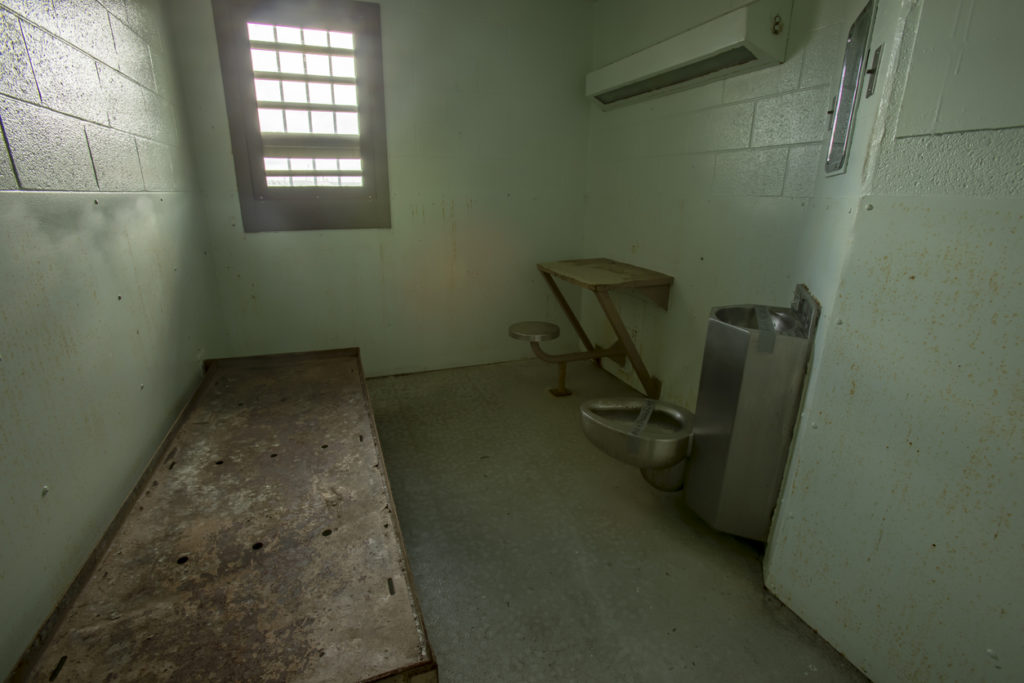
After being booked into Live Oak County Jail in George West, Texas, at 11:16 pm on November 7, 2021, 54-year-old Johnny Ray Ximenez was placed in a cell in the booking area. Less than 24 hours later–at 9:44 pm on November 8–Mr. Ximenez was declared dead in his cell.
The Texas Juvenile Justice Department provides guidelines for juveniles who are incarcerated. Under the rule cited below, details are provided specifically about restraint chairs and the rules that govern their use.
RULE §351.46-Restraint Chair
The following are details about this rule under (a) Requirements:
- The chairs used as restraint chairs must be professionally manufactured and approved by the juvenile board.
- A resident must only be placed in a restraint chair if he or she is displaying extremely disruptive or aggressive behavior that could cause harm to the resident or others and other approved techniques for restraint are either ineffective or inappropriate for controlling the resident’s behavior.
- Only a detention officer or juvenile probation officer who has been trained in the proper use of a restraint chair is authorized to place a resident in the restraint chair and provide ongoing supervision.
- Every 10 minutes, the resident must be checked by a detention officer or juvenile probation officer to ensure that blood circulation has not been restricted by the restraint device.
- Every 10 minutes, the resident must be considered for removal from the restraint chair.
Learn more in Part 1 and Part 2 of this three-part series.
There is no intention to imply that a person or organization has been a participant in wrongdoing. The posts on this website are added for the purpose of helping inmates now or previously incarcerated in a Texas county jail.
–Guest Contributor





